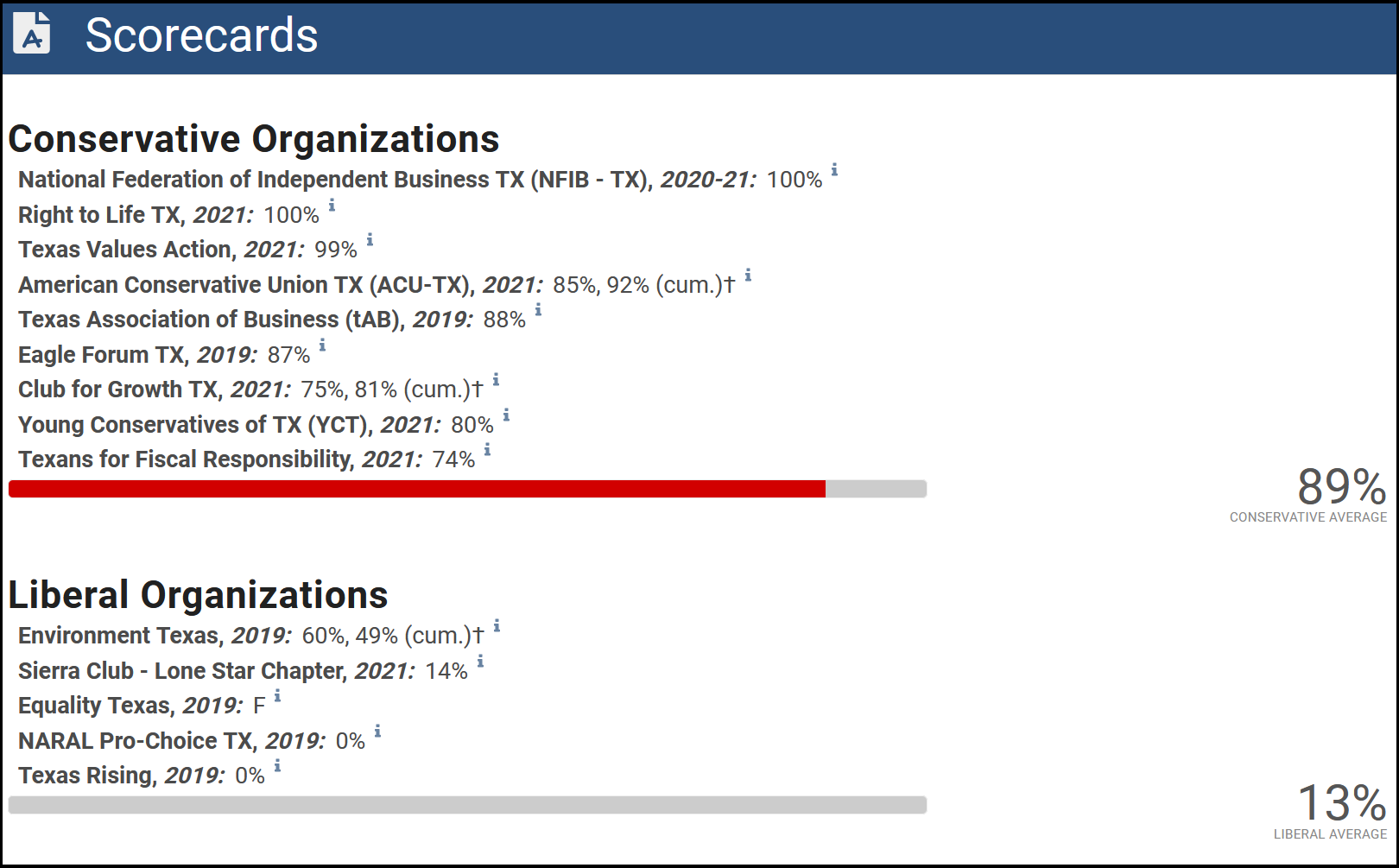What issues or values are most important to you? No candidate will check all the boxes for you (unless you run yourself 🤔). Considerations might be:
- Do they support or oppose a Convention of States?
- Do they appear to be for a limited federal government? Have they expressed opinions on the proper role of government?
- Do they promote individual liberty, or govt mandated solutions?
- Education versus parent rights? Immigration position?
- Track record versus stated position?
- For bonds or against bonds?
- What's their position on school choice?
As you look at your own list and evaluate candidates, you'll need to make trade-offs if one of the candidates does not agree with you on all the issues. You have to decide, on balance, which one is the "best", or "least worse" candidate.
Who is running?
Seems like a simple question. Except that there are federal, state, county, city, school board, & other elections. You'll want to pull a sample ballot based on your address, from your county election office. Bring this sample ballot when you vote, to verify the candidates. Here are a few election sites for north Texas, find yours with a search for "<your county> elections office".
**Collin Elections office **Dallas Elections office **Harris Elections office
Researching the Candidates Online
👉 Compare Democratic and Republican Platforms - This prayer guide has excerpts from the two major parties covering major issues. The side-by-side summary quickly clarifies differing policy positions.
👉 iVoter Guide - A couple benefits of this site:
- Enter your address, and you'll see the election calendar for the year. It shows the primary, early voting, and when the voter guide for the next election will be available.

- It has federal, state, some local races.
- Candidates are rated from "liberal" to "moderate" to "conservative". You can drill in further to see how other sites rate them, and their positions on major issues.
👉 Texas Scorecard - Good overall Texas news site.
- Drill into statewide elected officials. Campaign financing. Civic organizations' ratings aggregated.
👉 Texas Legislature Online - Can look up bills, how they voted.
👉 Find your state-wide representatives and contact information.
👉 To find candidate contact information, you need to go to the party websites for Democratic, Republican, Reform, Libertarian, others.
👉 This Rice University report ranks Texas legislators from liberal to conservative based on the last legislative session.
Researching the Candidates "Old-school"
The "old-school" approach is talking to the candidates directly or indirectly. You can do this in a couple ways:
- Research candidates using the "on-line" sites above.
- Go to a party function. At the county party web site, it should have local events. Ask people there about the candidate. Most will have an opinion. Ask about your key issues. Listen to what is said, what is left unsaid.
- Now that you've done this homework, try calling the candidate to have a discussion. Or go to an event where they will be present. Most will want the opportunity to talk to a voter. Remember, you're doing the job interview, they are the applicant.
Here's the good news
This sounds like a lot of work! Well it can be.
The good news is that you may be able to zero in on a couple key points where you can know quickly which candidate is the "best fit" for your values. Or put another way, which is the "least worst" option, since no candidate is perfect. Just always look out for a candidate with a history of shifting left or right after the election - the scorecards can help with that.
And remember, elections are not just every 2 years in November. We need to vote in primaries, special elections, and School Board elections. These elections are scheduled throughout the year.





